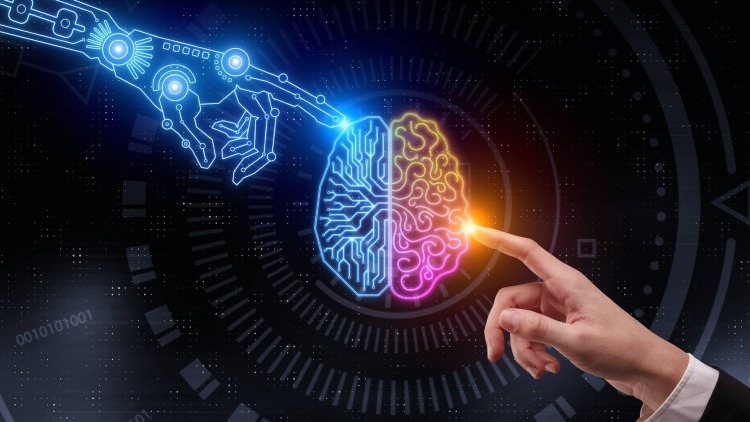Artificial Intelligence (AI) is a game-changer that is rapidly gaining traction around the world. It is the peak of evolution when machines can perform and multitask in order to assist people with their responsibilities. As a result, this technology is gaining traction in the Middle East, with PWC estimating that by 2030, the Middle East will account for 2% of all AI advantages globally. This equates to approximately US$320 billion.

Furthermore, AI will have the ability to fundamentally disrupt markets in the Middle East by enabling the development of new services and business models. The initial wave of digitization has already had an impact. Some of the industry leaders in ten years’ time may be companies you’ve never heard of, and all thanks to AI’s explosion. Therefore, Isn’t it worth including AI in education at schools and universities within the Middle East, given how rapidly the region is expanding?

What role can AI play in education?
When AI is used, many doors will open and more tasks will be conveniently accessible, benefiting both the teacher and the student. Artificial intelligence, for example, can be used to automate administrative duties, grading, creating tests, and arranging lectures. Furthermore, creating flexible learning hours so that students can use AI to access educational resources whenever they want during or after school hours. Teachers can also use this educational data, which is accessible at any time and from any location.
Not only that but also AI has the potential to generate a sense of individualized student experience, implying that each student has their own methods and requirements when it comes to schooling. As a result, AI may consider how quickly students learn, their strengths and weaknesses, their interests in specific courses, and their long-term ambitions. Teachers can use the same concept to customize their teaching approaches in order to reach out to diverse students.
When it comes to limited learning hours, one of the most affected categories of students is those who assist pupils with disabilities. Many students with impairments are served by teachers, including those with autism, blindness or legal blindness, and deafness or hearing loss. Therefore, AI-enabled educational technologies make things easier for students who require extra assistance in their studies.



